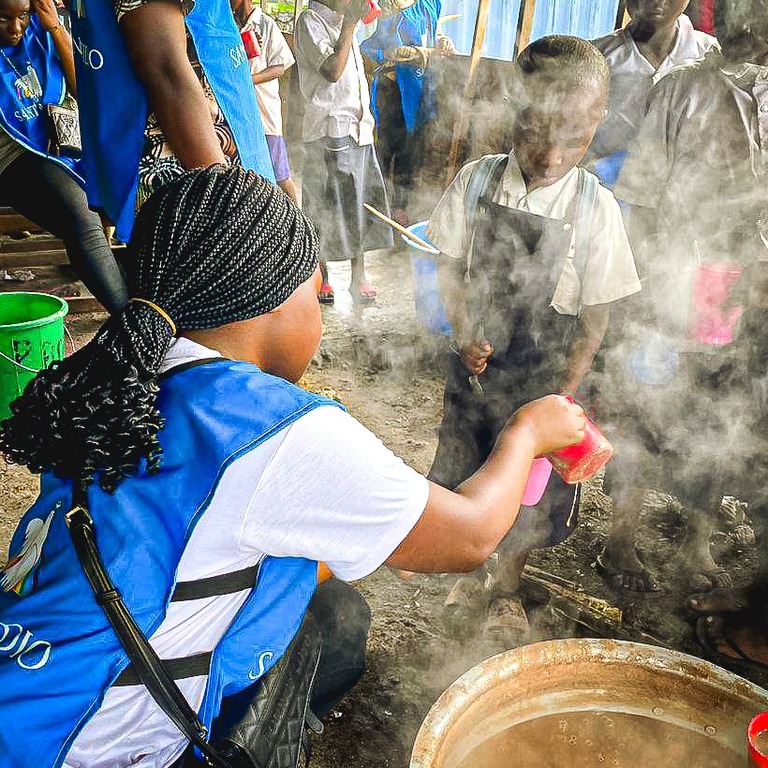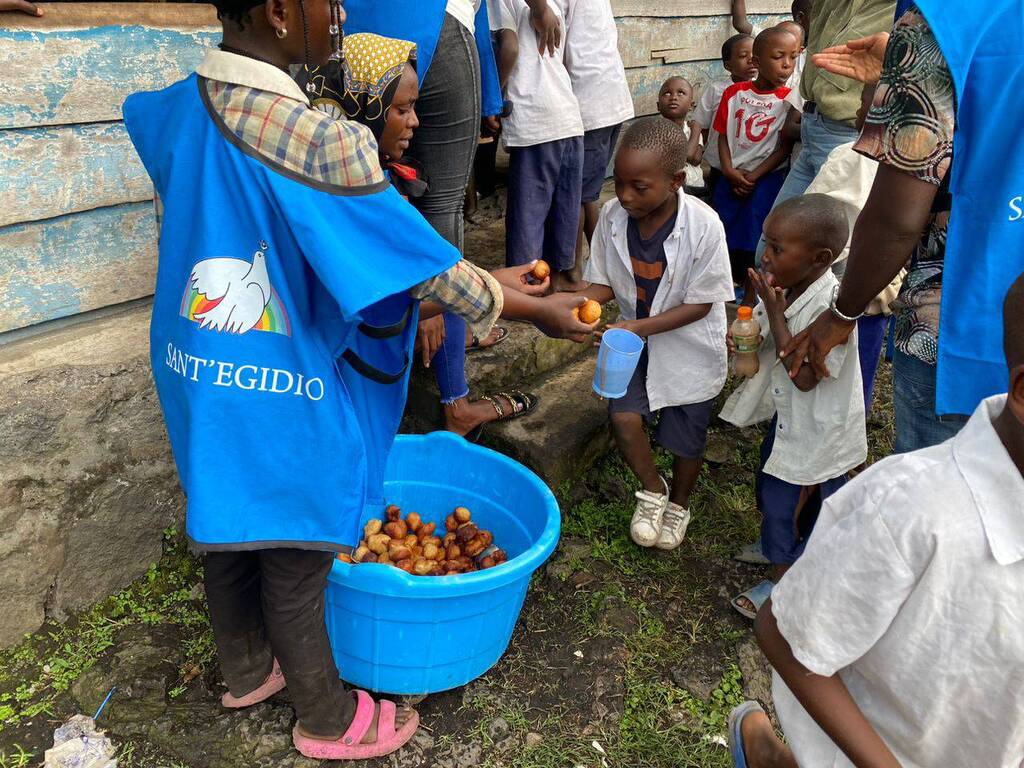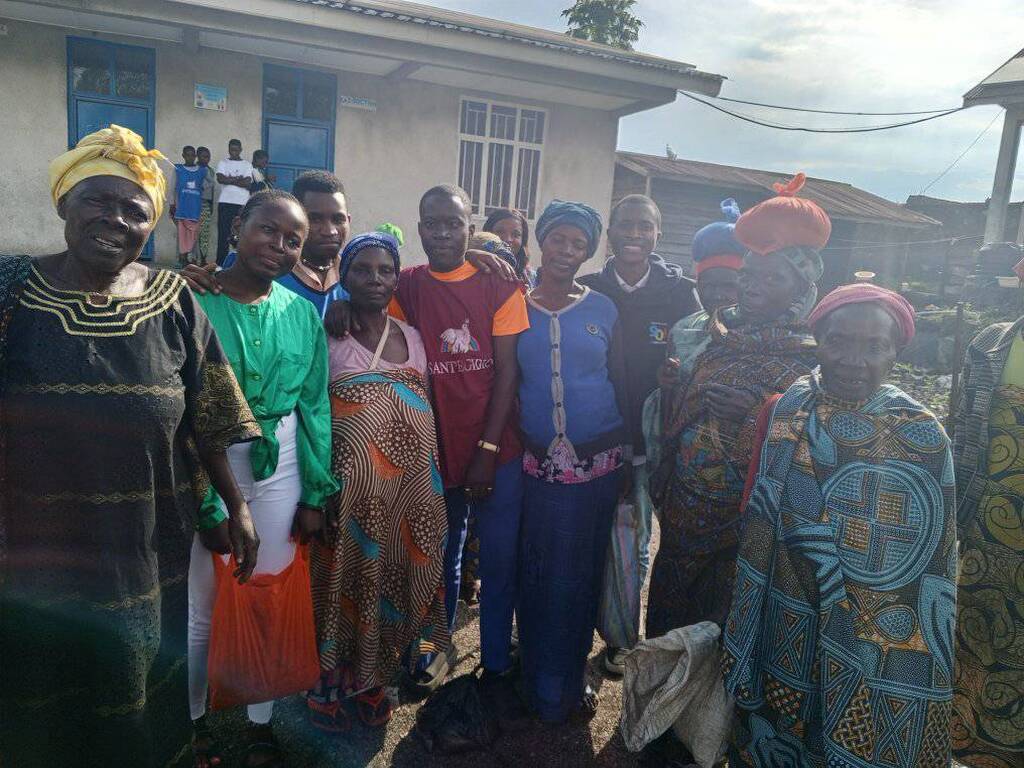As fighting is raging over the area of Goma between the rebels of the M23 group and government forces, banditry, murders and robberies have increased. Armed men - mostly members of 'self-defence' militias called 'Wazalendo' (meaning 'patriots') - are circulating freely in the streets of the city. Many of them have left the front and descended into the city, spreading panic and creating a general atmosphere of insecurity. Police and regular army stand helpless.
The widespread distribution of weapons has unfortunately increased the risk of aggression everywhere. The army itself had difficulties trying to disarm or dissuade the militia not to remain in the city. In the meantime, the suspension of the moratorium on capital punishment has meant that the military court in Goma has resumed issuing death sentences. This has had no effect of deterrence against crime, which has instead become more threatening. Amidst this situation, the upcoming departure of the UN Mission scheduled for the end of the year is prompting significant concern. Angola's mediation between the DRC government and Rwanda, accused of supporting the rebels, continues but so far with no results.
The number of displaced people has reached one million and is steadily increasing.
The School of Sant'Egidio, named after Floribert Bwana Chui, is on the main road leading from the hills to the city centre. It has become a centre of assistance and a reference point for refugees seeking shelter from the fighting. During the past week, food and basic necessities were distributed. Yet work has also begun to ensure that all children in the refugee camp, estimated at more than 20,000, can return to school.
The majority of the refugees camped around the School of Sant'Egidio come from the town of Sake - currently in the hands of the Wazalendo militia. For this reason, the Community, together with family heads and local leaders, has been organising "Emergency Schools", so that the refugee children can keep going to school.
















